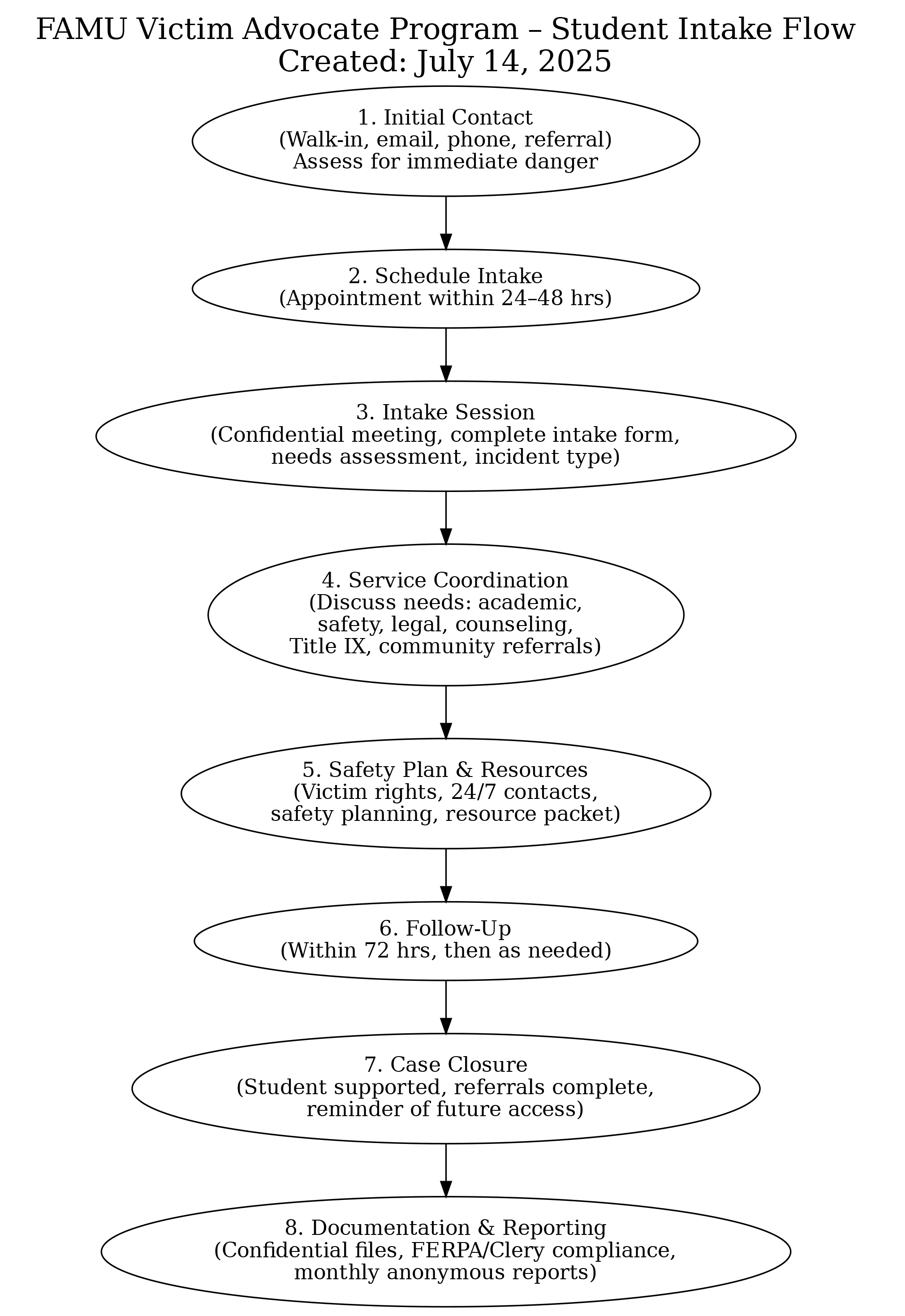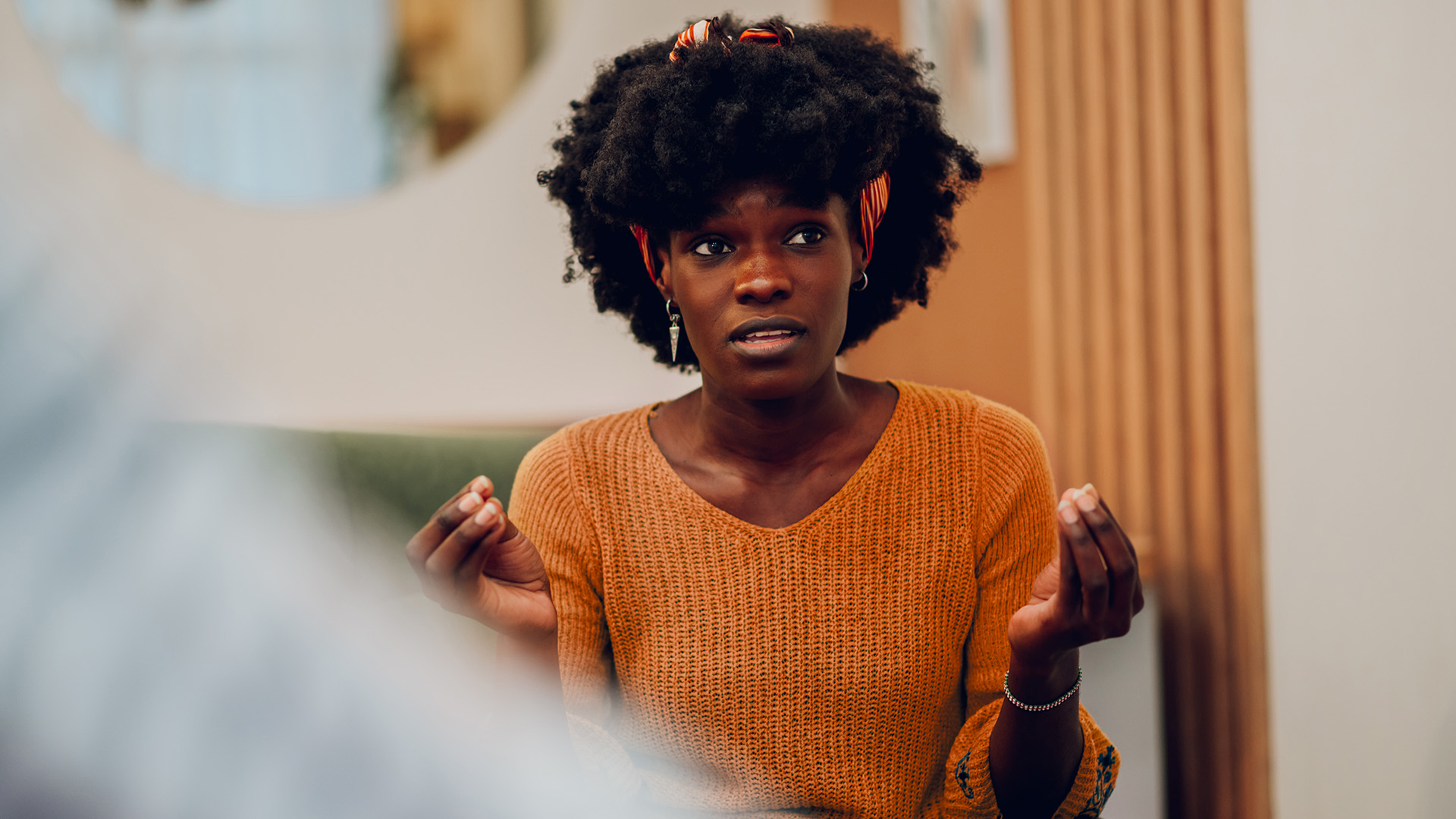Victim Advocate Program
Victim Advocate Program
The Florida A&M University Victim Advocate Program provides confidential, free support to
students who have experienced trauma related to interpersonal violence or distressing events.
Our mission is to promote safety, empower students with knowledge of their rights, and assist
in navigating university and community resources with compassion and professionalism.
CONTACT THE ADVOCATE:
Shauntavia Clinton, Coordinator
CC Cunningham Building, Room 306
1676 S Martin Luther King Jr Blvd
Tallahassee, Florida 32307
P: (850)599-8785
Comprehensive Support Resources
Confidentiality
- While the Victim Advocate Program is confidential and exempt from Title IX reporting requirements,
assistance can be provided in reporting to Title IX and/or law enforcement if desired.
- Identifying information is not released to third parties without your permission.
- The advocate is still bound by Florida laws regarding mandatory reporting of abuse of vulnerable populations.
- If you are under the age of 18, a report may have to be filed with the state.

Frequently Asked Questions (FAQ's)
Explore our FAQ's to find answers to common questions and gain valuable insights into various aspects of our services and resources. Please contact the advocate at 850-599-8785 for additional information.
Even if you decide not to have evidence collected, medical follow-up is available for free through Student Health Services. Please call the advocate at 850-599-8785 with any questions. Because Shauntavia is not a doctor or nurse, she may not be able to answer specific medical questions.
An injunction is Florida's legal term for a restraining order. The five types in Florida
are sexual violence, stalking, domestic violence, dating violence, and repeat violence.
Injunctions are given through the civil court process, not criminal court. However,
violating an injunction is a criminal offense.
The advocate can help you file for an injunction, go with you to court hearings, and
refer you for free legal representation. Refuge House also has staff at the courthouse
to assist with filing.
In addition to an injunction, you may be interested in a no contact order through the university. These orders can also be given if you don't have an injunction. Please reach out to Shauntavia with any questions.
The most important thing you can do is believe your friend. Listen to them without judging or interrupting. Just knowing that you are there for them can make a big difference.
You can also reach out to the advocate with any questions. While Shauntavia cannot discuss details of your friend's case without your friend's written permission, she can answer general questions about supporting survivors, court, Title IX, etc.
#FAMUVictimAdvocateProgram








